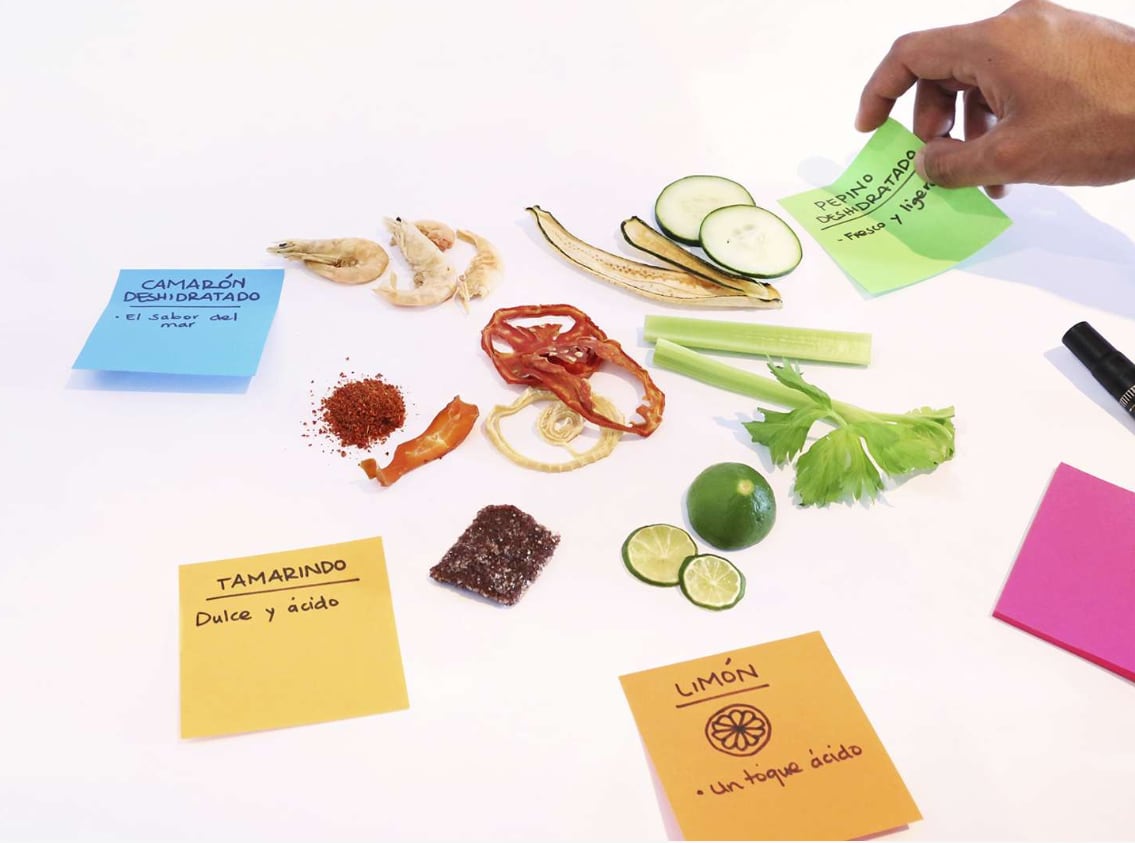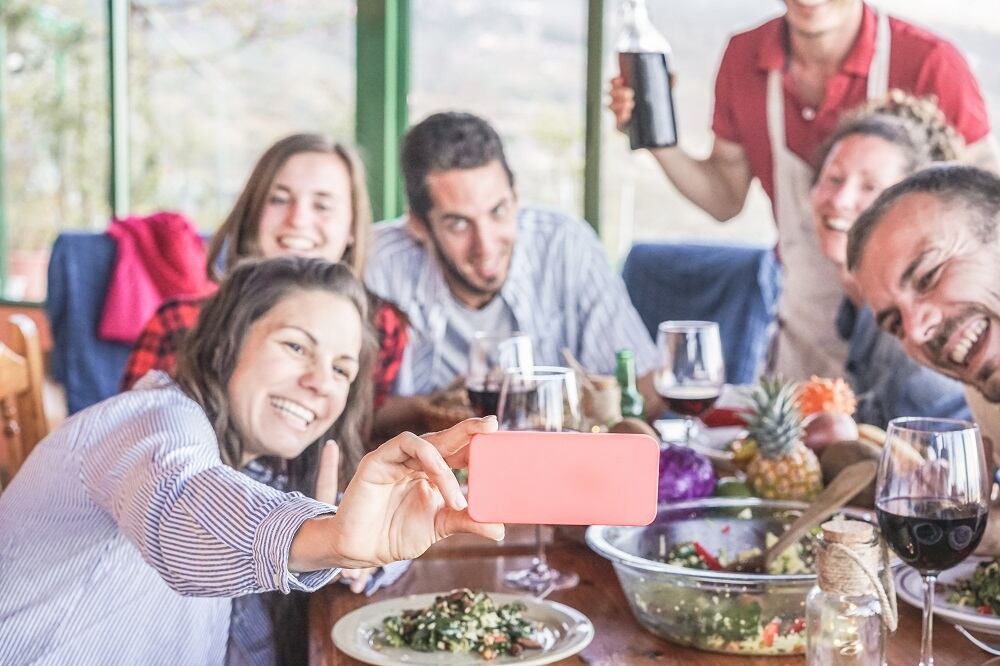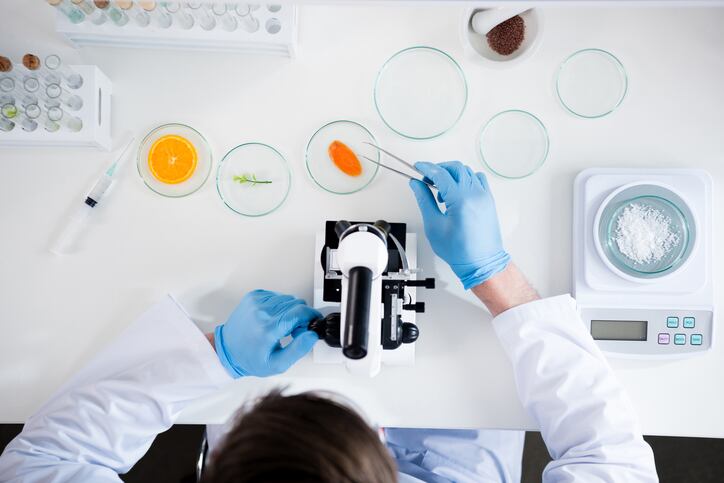Based in Mexico City, Foodlosofia has a multinational team of designers, psychologists and business strategists from Brazil, Mexico, France, and Colombia.
The company was founded five years ago by Diego Ruzzarin (who previously worked as innovation leader at PepsiCo) and has three basic tenets: it wants to change our relationship with food through design; transform the food industry from commodities to experiences; and add more meaning and empathy to the food and beverage business.
Foodlosofia says its services are targeted towards multinational food manufacturers and retailers aiming to reach Latin American consumers.
But in such a consolidated space, where does it begin?
The company starts by analyzing the context in which the product exists, from market trends to consumer desires, retail experiences to global and local benchmarks.
Once it has defined a strategy, it designs the food product itself, looking at texture, shape, ingredients, and usability. The final step looks at packaging, branding, and marketing.
Case studies
Foodlosofia worked with PepsiCo on its Quaker Oats brand.
“We wanted to translate the main values of Quaker oats into a retail experience that could drive equity and consumer engagement by ‘owning’ the breakfast moment as a state of mind and showcasing the versatility of oats,” said Nataly Restrepo, creative director of

Foodlosofia.
It did this by designing a concept store – The Oatery – in São Paolo, Mexico City and Brussels that presented oats for four occasions (market, bakery, all-day brunch, and on-the-go) with both sweet and savory options.
According to Restrepo, The Oatery demonstrated the heritage of oats, the processes involved, and the nutritious benefits, as well as creating a sense of community.
With Heineken, one of the projects focused on michelada - a popular, beer-based Mexican cocktail made with lemon, salt, and chili - and how the drink is perceived in different regions of Mexico.
Foodlosofia organized cocktail workshops in three Mexican cities with bartenders and consumers.
“During the workshop, we analyzed the perception in three levels: sensorial, physical, and emotional through a series of questions that guided the tasting session,” said Restrepo.
“As a result, we delivered an innovation portfolio that responded to these key findings [regarding] the common denominators of a michelada and the ‘stretchability’ of the category.”
LATAM learnings
So what learnings can the agency share about the Latin American food market?
“[The] region is known for being innovative, creative, visionary, delicious and humane,” said Restrepo.
Challenging economic and political situations have created a sense of ‘frugality’ that means Latin Americans are able to adapt and improvise.
“Even in the humblest of food stands, people will go the extra mile to make a fruit cup look like a work of art. Where big companies have multimillion-dollar R&D departments full of PhDs and experts, the streets have street smarts.”
According to Restrepo, one of the most important things when designing a food product is putting humans at the center of the process.
"This is the only way to solve real problems. If we focus on market share, reduction of costs or optimization of technologies, we will be solving short and middle problems that can be easily replicated by other brands, whereas if we focus on solving human needs, we will create a long-term vision that brings more value not only to consumers but also to the business.
'Meaningful innovation for meaningful change'
This is where the team of psychoanalysts comes in. They help Foodlosofia avoid reductive thinking, CEO Ruzzarin said.
“Traditionally, agencies think of clients as consumers that only have consumption needs. We prefer to focus on the understanding of humans, not consumers,” he told FoodNavigator-LATAM.
"Working with psychoanalysts helps us to understand the whole complexity of humans: their cultural, emotional, subjective, religious, or political aspects, and we try to include all these findings as inputs when we design every food experience.”
The company has done some work with SMEs but works mainly big multinational brands.
“We appreciate the value of the capabilities of big brands as they are the way to contribute to a meaningful change for the food industry,” said Restrepo.




